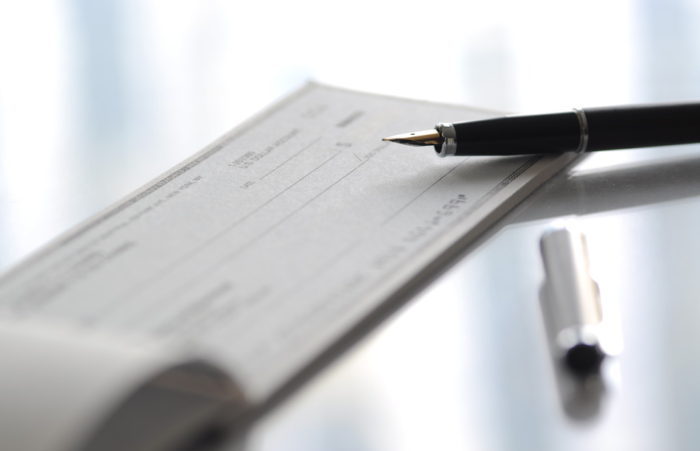A Guide to Retirement Tax
Retirement brings along a lot of changes, such as changes to your routine, to your income and changes to amount of tax you have to pay. As an Independent Financial Adviser in Lincolnshire and across the East Midlands we have put together this handy little guide to retirement tax to help you understand how your pensions are taxed, what Income Tax and National Insurance contributions you may be liable to pay and how tax-free interest on your savings works.
Income Tax and National Insurance contributions
Many people assume that their pension income will be tax free, this is not the case. You are still liable to pay Income Tax on your pensions including your State Pension. The amount of Income Tax you will be liable to pay will depend on your total income in retirement, you are able to earn your personal allowance, which is £11,500 for tax year 2017/18, and not pay any tax.
Any income above this amount will be liable for Income Tax. With most pensions, including defined benefit pensions and defined contributions pensions you are able to take 25% of your pension pot tax-free but will have to pay Income Tax on the remaining 75%, this could mean that the more money you take out the higher your tax bill could be.
When it comes to National Insurance, if you continue to work beyond the State Pension age you will no longer have to make National Insurance contributions and nor are they due on your pension income. The age you will eligible for the State Pension will depend on when you were born and can be different for men and women.
To ensure you have the most effective tax planning strategies in place it is advisable to seek independent financial advice from a financial adviser such as Castlegate in Lincolnshire. Our team of financial advisers can work with you to provide advice on all aspects of tax and retirement planning.
Tax-free interest on savings
Since the introduction of the Personal Savings Allowance in April 2016, you can receive a portion of your savings income tax-free. For tax year 2017/18 this amount is £1,000 for basic rate taxpayers and £500 for higher rate taxpayers. Basic rate tax is no longer deducted on the interest from your savings by banks and building societies, it can be collected by HMRC through your PAYE code and your savings income should be declared on your self-assessment tax return.
At Castlegate, a firm of Chartered Financial Planners, we are an independent financial adviser in Lincolnshire and the surrounding areas and can support you with all aspects of retirement planning and help you understand retirement tax to ensure you have the most effective and efficient strategies in place. As an experienced independent financial adviser in Lincolnshire we provide financial advice that is tailored to your unique personal circumstances.
If you have questions about retirement tax or retirement planning or are looking for an independent financial adviser in Lincolnshire or across the East Midlands, please do not hesitate to get in touch to talk about the most appropriate solutions for your personal circumstances and financial objectives.












